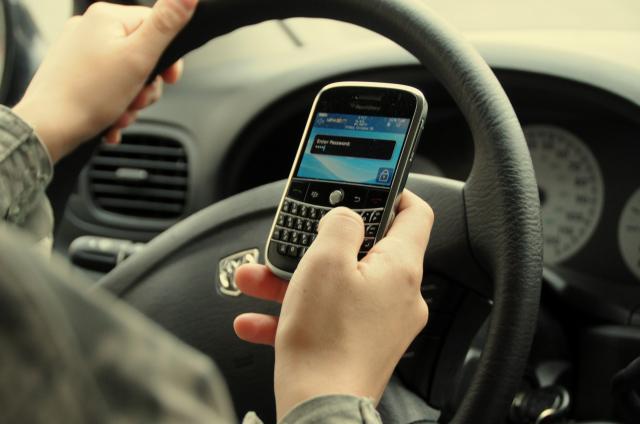People Who Cannot Multitask THINK They Can
2014.03.10

In a recent study led by psychologist Jason Finley of Washing University in St. Louis, Finley and collaborators recruited 69 test participants to the lab to multitask two tasks at the same time.
One task involved visual tracking, and the other, auditory processing - like the sort of thing people do while driving.
The visual tracking task required people to keep the tip of a cursor inside a moving target on a computer screen. The auditory task required them to listen to a series of numbers and indicate when one was repeated, a task which difficulty varies depending on how far back the repetition must be noted. After practicing these tasks individually, participants predicted how they would perform when doing them at the same time.
Participants made rather conservative predictions, to Finley's surprise. They didn't do too well on the tracking task when also doing the memory task - performing about 5% worse on average. But they predicted they'd do about 19% worse before the test started, which means they expected themselves to do worse than they actually did.
"Most people did seem to understand that doing two things at once is going to be harder, and in fact most of them overestimated the cost of multitasking," Finley explains. "They thought they would do worse than they really did, which is not what we expected."
But when Finley's team analyzed how well participants performed compared to others in the study, the findings took a negative turn. Those whose performance on the visual tracking task suffered the most while doing the auditory memory task failed to predict the largest costs of multitasking.Participants didn't know how they stack up as multitaskers--a big problem for those who actually rest toward the bottom.
"The people most impacted by multitasking didn't correspondingly give the biggest decrement [or cost] prediction," says Finley. "What this suggests is that although everybody seems to understand that generally doing two things at once is going to cause their performance to go down, relatively people may not have insight about how much their performance will suffer compared to other people."
To put simply, the effect says that people who are way below average at something tend to think they're above it. Most of the time this doesn't really matter, but when it comes to people who are driving while on their mobile phones, it is a big deal.
"It could be that a lot of the risk in society comes from those people who are actually the most susceptible to multitasking decrement but don't realize it," says Finley. "So if they don't realize how susceptible they are but they still choose to do multitasking anyway, those could be the minority of drivers out there taking calls when they shouldn't be."
Image: C. Todd Lopez / Photo courtesy of U.S. Army
More Articles
Copyright © Fooyoh.com All rights reserved.